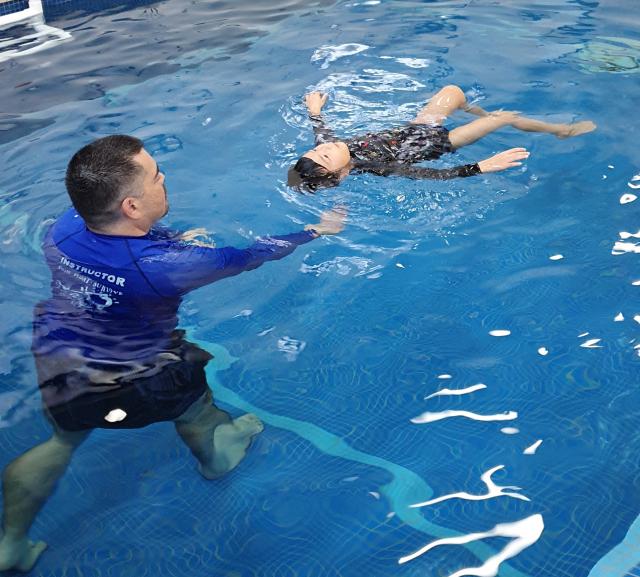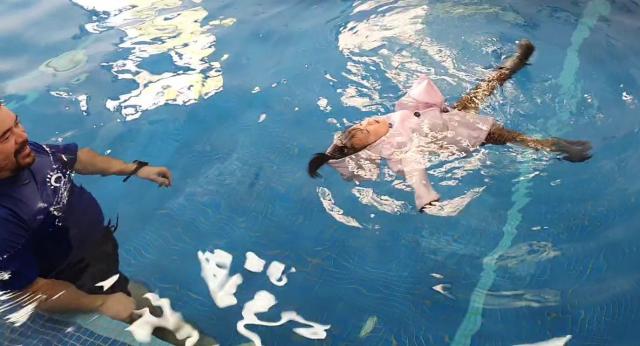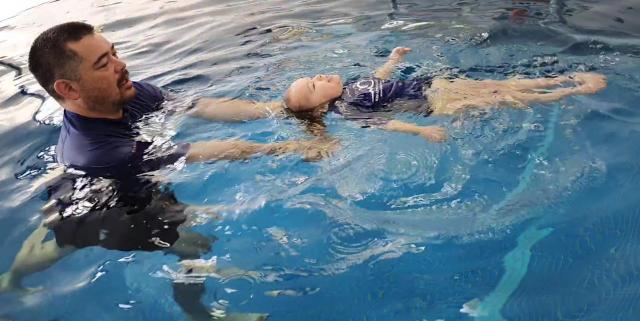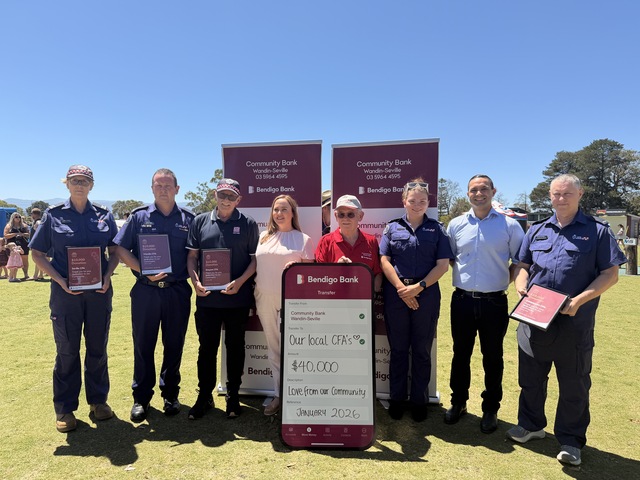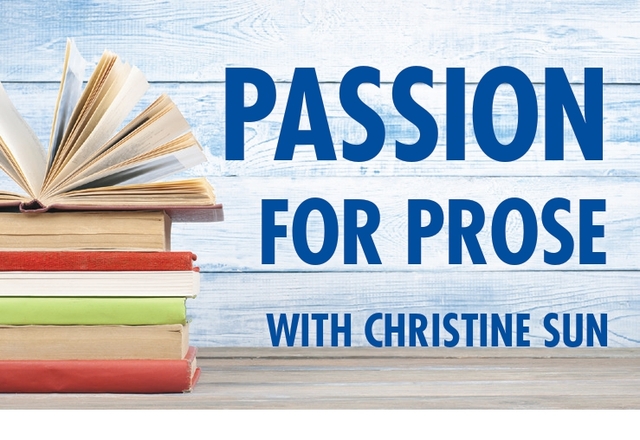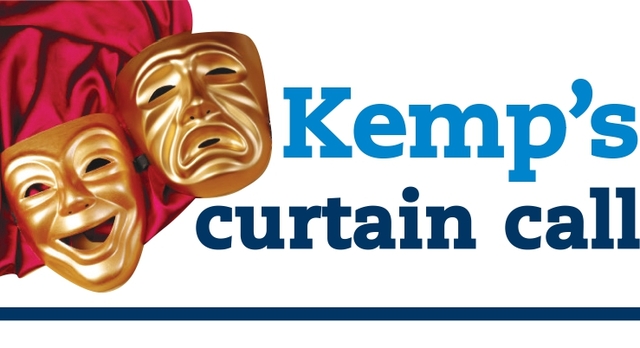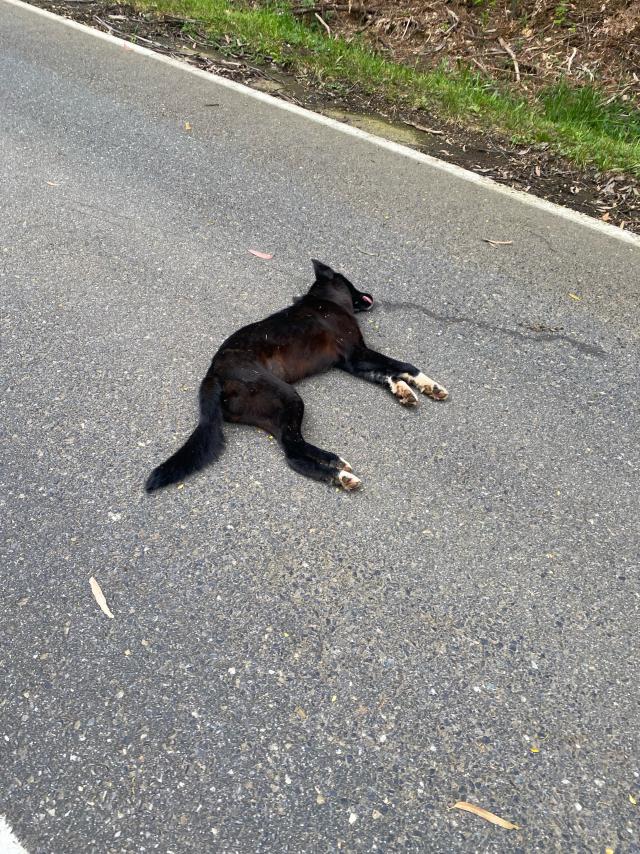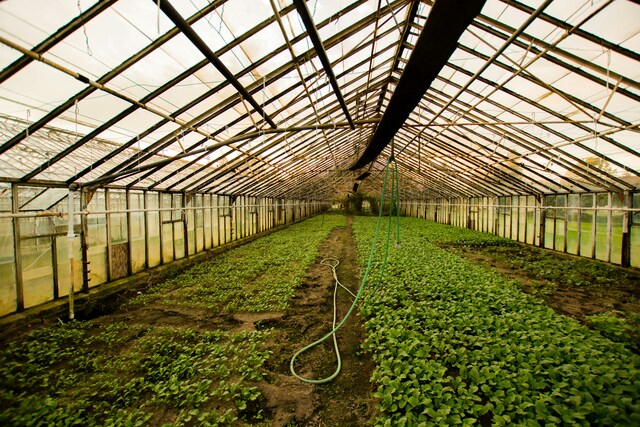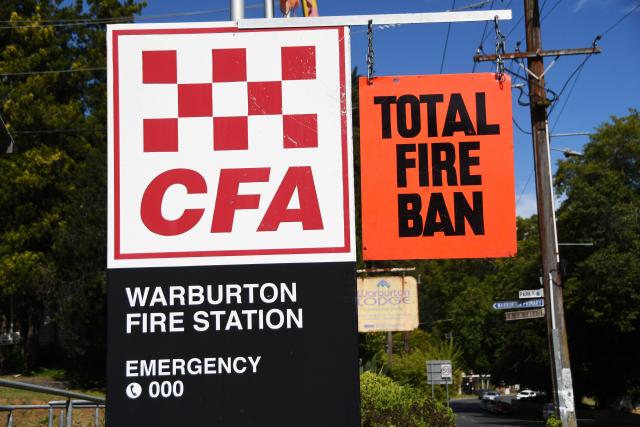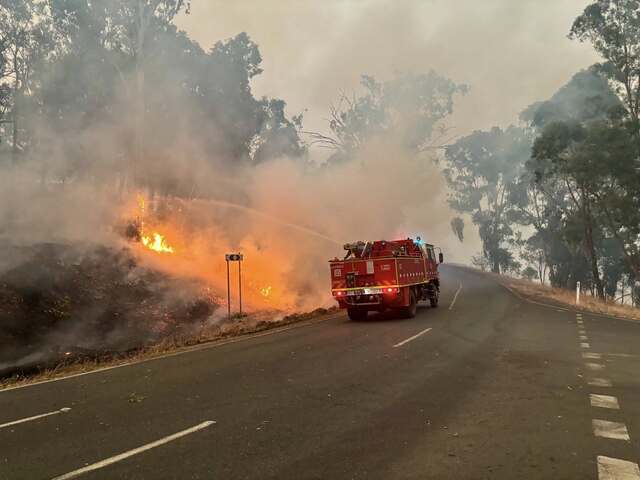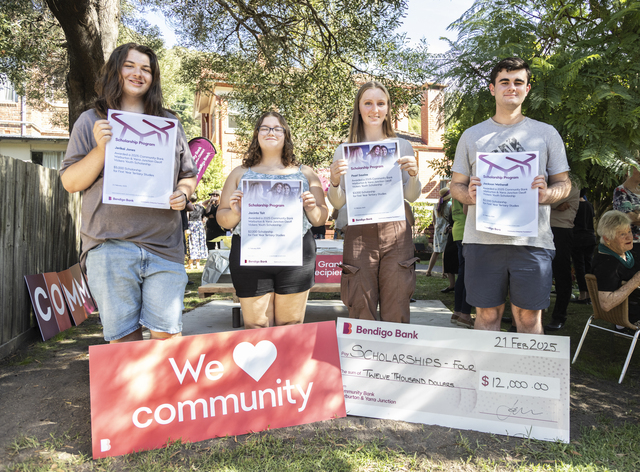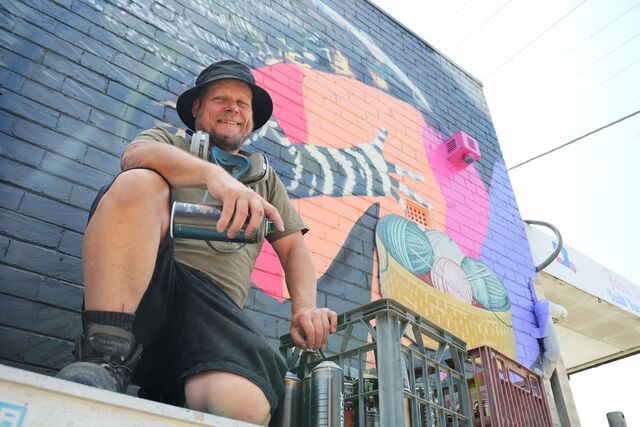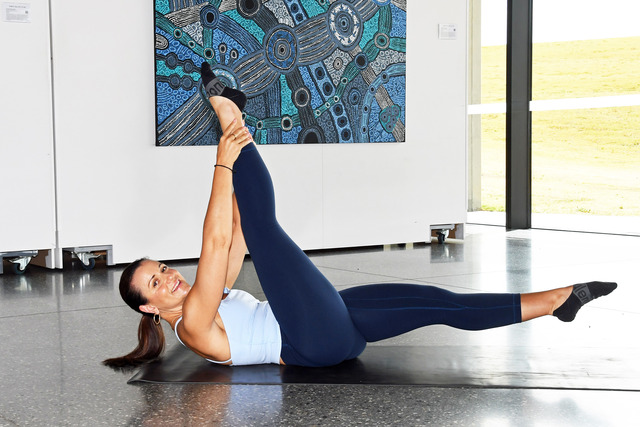While not many people would be keen to go swimming in the cold and chilly winter, it is an ideal time to get children equipped with water safety and survival skills.
Kids Aquatic Survival School Croydon (KASS) opened just over a month ago and has just graduated its first student from the survival program, teaching children the importance of floating.
Owner Andrew Fong said the last two years have made children reluctant to get into the water and some haven’t even been exposed to pools because of the pandemic.
“Their swimming has been a little bit neglected, so their swimming skills have reduced,” he said.
“Survival skills and a kid’s ability to survive in water whether it be a situation where they accidentally fall into a pool or whatnot, I think it’s good to get some skills behind kids so they are able to self rescue and float, then either call out for help or swim to the stairs, or the edge of the pool.”
Drowning deaths in Australia increased by 20 per cent in 2021 from 245 to 294 and one of the main contributors noted in the Royal Life Saving report indicated the lack of swimming skills children, teenagers and adults had obtained because of Covid-19.
“It does concern me that coming into a summer where we do relax a lot of the rules around going out, there are kids that aren’t skilled in swimming and haven’t been exposed, especially between the ages of two and three, because they haven’t been able to get into a pool before,” Mr Fong said.
“It’s not on everybody’s to-do list. It’s actually fairly a big concern of mine, coming into summer, kids aren’t actually skilled enough to be around the water.”
Mr Fong said ideally a child should be learning these critical survival skills from one year to one and a half years old but can start being taught from as early as six months.
“Rolling over and floating, I think, is one of the best skills kids can learn because breath is life. If they try to swim or tread water, they burn up a lot of energy,” he said.
The KASS program doesn’t teach children to swim in the traditional sense but rather encourages that instinctual response to roll onto their back and float to prevent drowning.
“We don’t tell the kids what to do. We all do it by sensory experience. So it’s all based on touch.
“That’s why we can actually teach kids from as early as six months to roll over and float because they don’t communicate verbally. We all do it by touch and feel.”
The program is broken down into five sessions a week over six to eight weeks for as little as 10 minutes each time to keep up that repetitive training.
Having trained in the program for five years at Dingley Village, Mr Fong said he could see a gap in offerings in the eastern suburbs for something of this kind and decided to relocate to Croydon to open his own KASS.
“There’s a need everywhere. I do see a need all over the place for it. So I just thought, ‘well, Croydon, is where my wife grew up, we’ll move out there and start this up’.”

